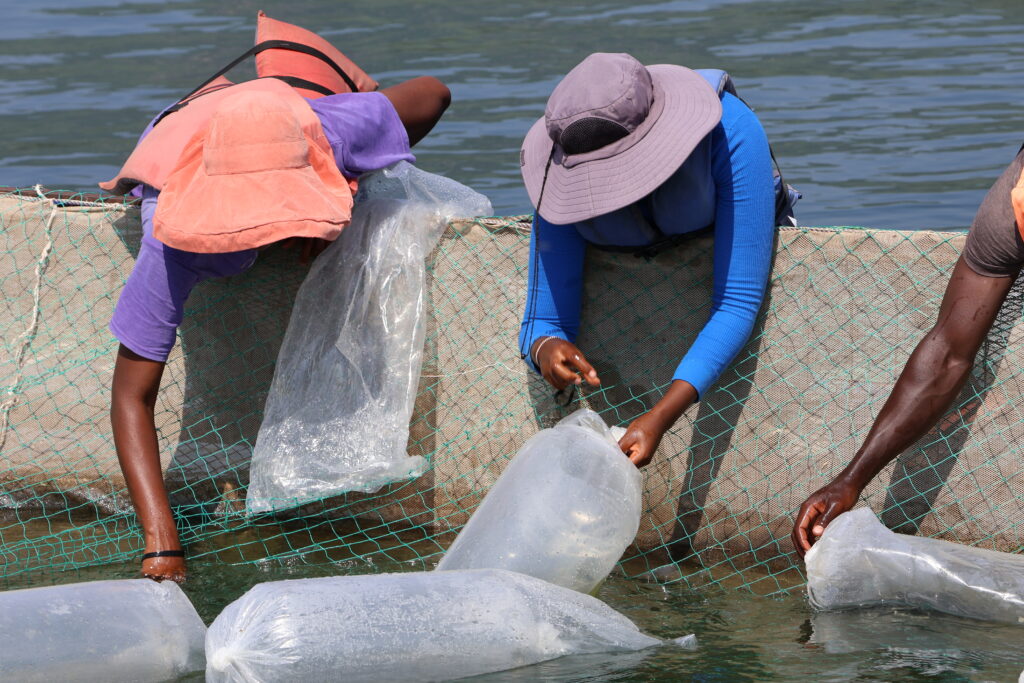In last month’s article, we explored why early profitability (rather than ambitious projections), should be the first milestone in aquaculture development. But achieving that milestone depends on more than just good design and technical inputs.
It depends on knowledge.
From hatchery to harvest, aquaculture is a knowledge-intensive enterprise. Success hinges not only on what systems are built, but on who is operating them, and how well they understand the principles behind them.
Yet across much of Sub-Saharan Africa, aquaculture education remains fragmented, outdated, or inaccessible to those who need it most.
The Learning Gap
Despite aquaculture being one of the fastest-growing food production sectors globally, many African countries continue to face a shortage of skilled operators, managers, and technicians. According to a 2023 FAO report on African aquaculture, one of the leading barriers to growth is the mismatch between farm-level realities and available training pathways.
Too often, formal training is:
- Too theoretical and disconnected from commercial practice or too practical and lacks any theoretical inputs
- Concentrated in academic institutions with limited industry links
- Concentrated on the ‘how’ and not the ‘why’
- Not adapted to evolving species, systems, or market pressures
This gap contributes directly to underperformance, delays in production, and ultimately unviable ventures that fail to meet their financial or food security goals.
What Aquaculture Education Enables?
At ACMS, we’ve seen firsthand how targeted, practical training alongside aquaculture education changes the game.
When operators understand not just what to do, but why, they:
- Detect problems earlier and respond faster
- Use inputs more efficiently
- Make better financial and operational decisions
- Are more confident, accountable, and invested in outcomes
Whether it’s biosecurity in tilapia hatcheries or feed budgeting in abalone farms, knowledge translates directly into productivity, profitability, and long-term resilience.
Education as a Pillar of Sector Development
This is why education is not an “add-on” to aquaculture, but rather, an essential building block.
In our work with early-stage operators, commercial clients, and strategic partners like Gatsby Africa, we continue to advocate for education as core infrastructure, alongside physical systems and financial tools.
The launch of our InDepth open-access learning platform reflects this commitment. It is our effort to bridge the gap between field experience and accessible knowledge – to make learning practical, flexible, and aligned with the realities of the African aquaculture environment.
In Conclusion: Knowledge Enables Profitability
Before a farm can grow fish at scale, it needs to grow capability. Viable aquaculture doesn’t start with infrastructure or funding alone. It starts with informed people making sound, timely decisions, from the ground up.
If early profitability is your goal, education must be part of your foundation.
Further Reading & Resources:
- Enroll in InDepth: Basics of Aquaculture Management Course
- FAO Report: Aquaculture in Africa 2023
- August Blog: Why Early Profitability Matters in African Aquaculture
Let's Continue the Conversation
We’re always open to dialogue – whether you’re designing training for your team, rethinking farm operations, or looking for ways to integrate education into investment pipelines.
Sign up to receive the ACMS monthly mailer using the contact form on the website.

